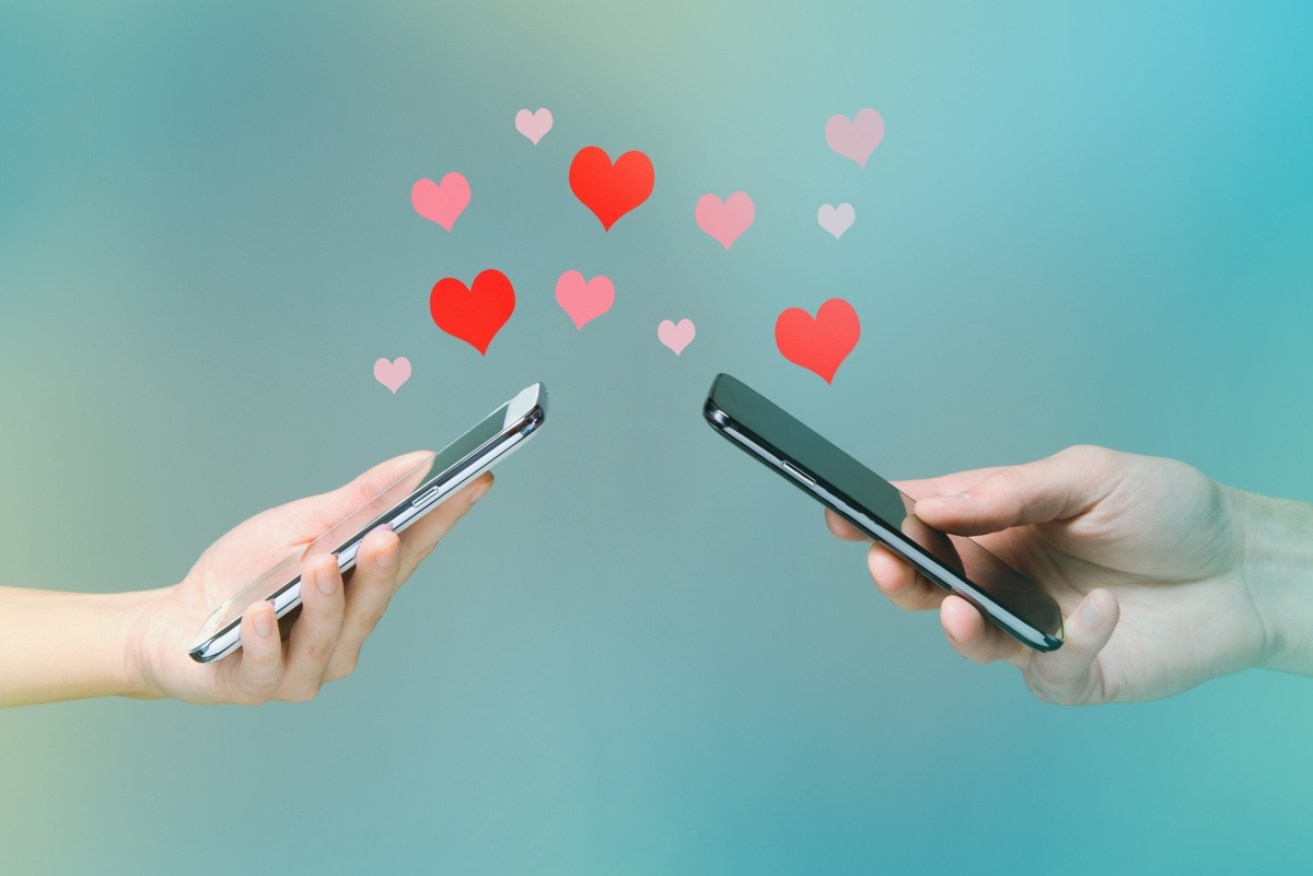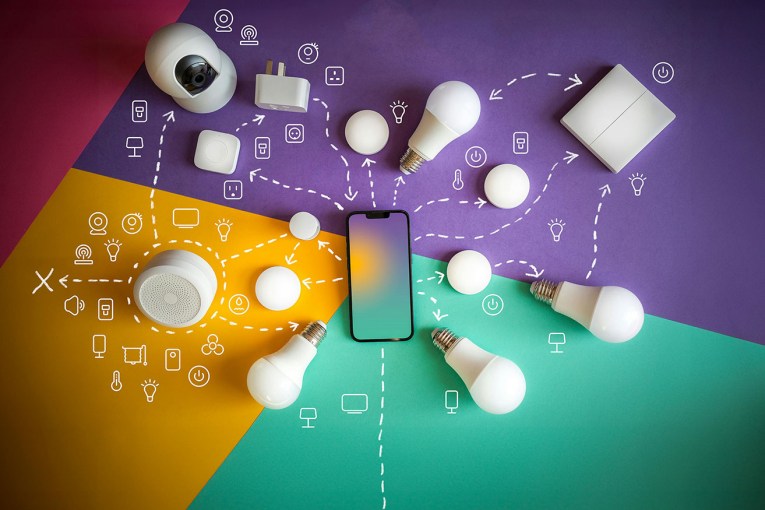What your choice of phone says about you


Apparently iPhone users have a bad reputation. Photo: Getty
The much-awaited iPhone 7 could be released within days – but those planning an upgrade should consider if they’re willing to be seen as less honest and agreeable than their Android-using peers.
A new study conducted by researchers at the University of Lincoln’s School of Psychology in the UK found that Android users are also more humble than iPhone users.
Women were more likely to be iPhone users, while iPhone users were more likely to believe that owning a high-status phone was important.
The study also revealed iPhone users were perceived to have a raft of other unlikeable traits – fortunately most of which didn’t occur in reality.
Some stereotypes are true
Lead researcher Heather Shaw asked 240 participants to write down their perceptions about both kinds of smartphone user.
The results found that Android users were perceived to have greater levels of honesty and humility, were seen as kinder, more open and less extroverted than iPhone users.

We don’t know what it will looks like yet: an imagined iPhone 7. Photo: ConceptsIphone
Next, they tested those stereotypes against the reality of 530 smartphone users, finding that most of the perceptions were exaggerated.
But in bad news for iPhone users, they were found to lack the honesty and humility of their Android rivals.
They were also found to care more about their phone’s status – perhaps unsurprising given the pomp and circumstance surrounding Apple’s annual iPhone update.
One obvious limitation of the study was its sample size: it’s estimated an average of 395 iPhones are sold every minute – that number alone is larger than the preliminary study’s sample size.
Women dig iPhones
According to the sample, women were twice as likely to own iPhones than men – not a flattering statistic when considered along with the results for honesty and humility.

Samsung users are likely to be happy with the survey’s results. Photo: Getty
And given that one billion iPhones have been sold since the first model hit stores in June 2007, it makes sense that Android users are more concerned with ‘avoidance similarity’ – or worrying that you have the same thing as everyone else.
Ms Shaw said the results of the study proved how helpful smartphones could be in dissecting people’s personalities.
“Imagine if we further researched how personality traits relate to the applications people download,” she said in a statement.
“It is becoming more and more apparent that smartphones are becoming a mini digital version of the user, and many of us don’t like it when other people use our phones because it can reveal so much about us.”

A dishonest, arrogant, female iPhone user. Photo: Getty
The study isn’t the first to attempt to extrapolate personality types from smartphones.
In 2013, Telstra claimed that iPhone users were extroverts who enjoyed traveling, playing sports, entertaining at home.
They also apparently enjoyed personal luxuries such as massages and facials.
Samsung users, on the other hand, were agreeable, conscientious and enjoyed exercise.
In 2014, mobile firm Flurry claimed iPhone users were more wealthy than Android users, after constructing a map that tracked where each type of user lived.
Flurry also found that iPhone users were twice as likely than Android users to spend more on app purchases.








